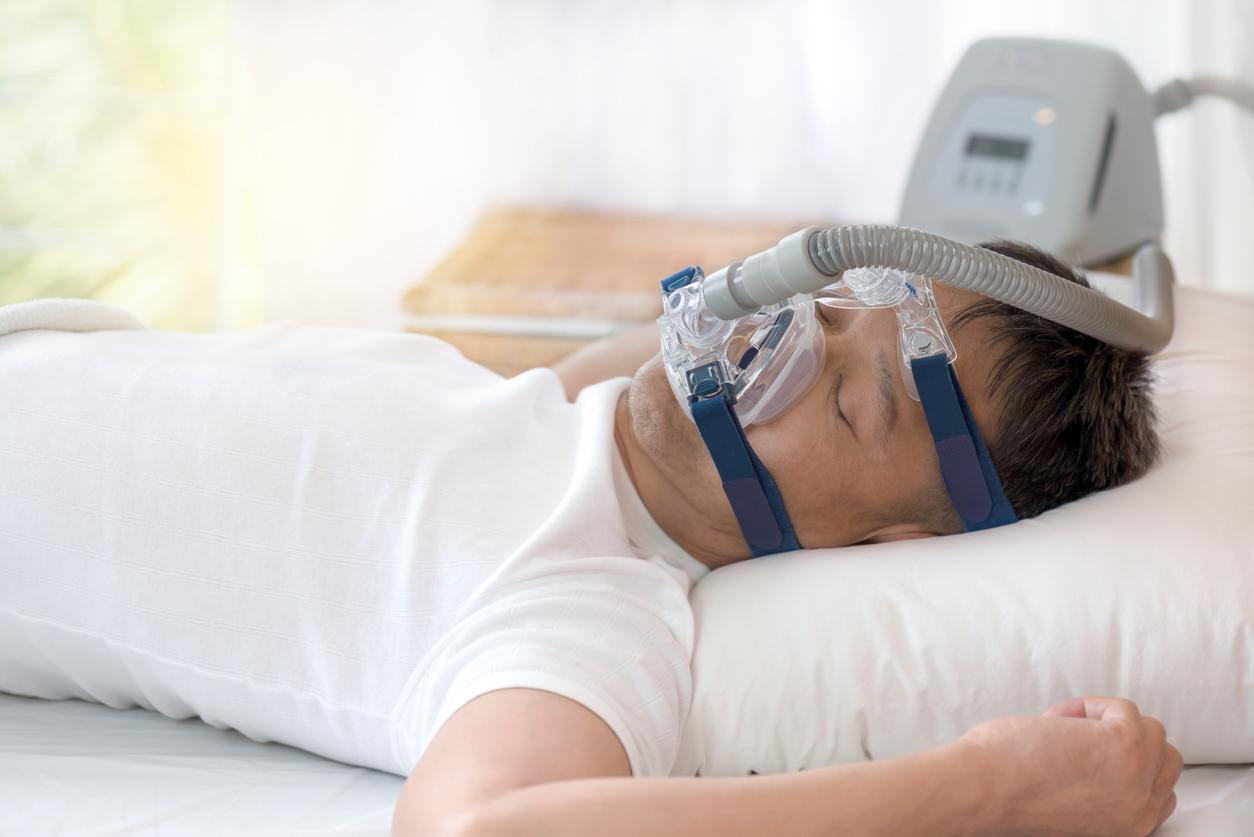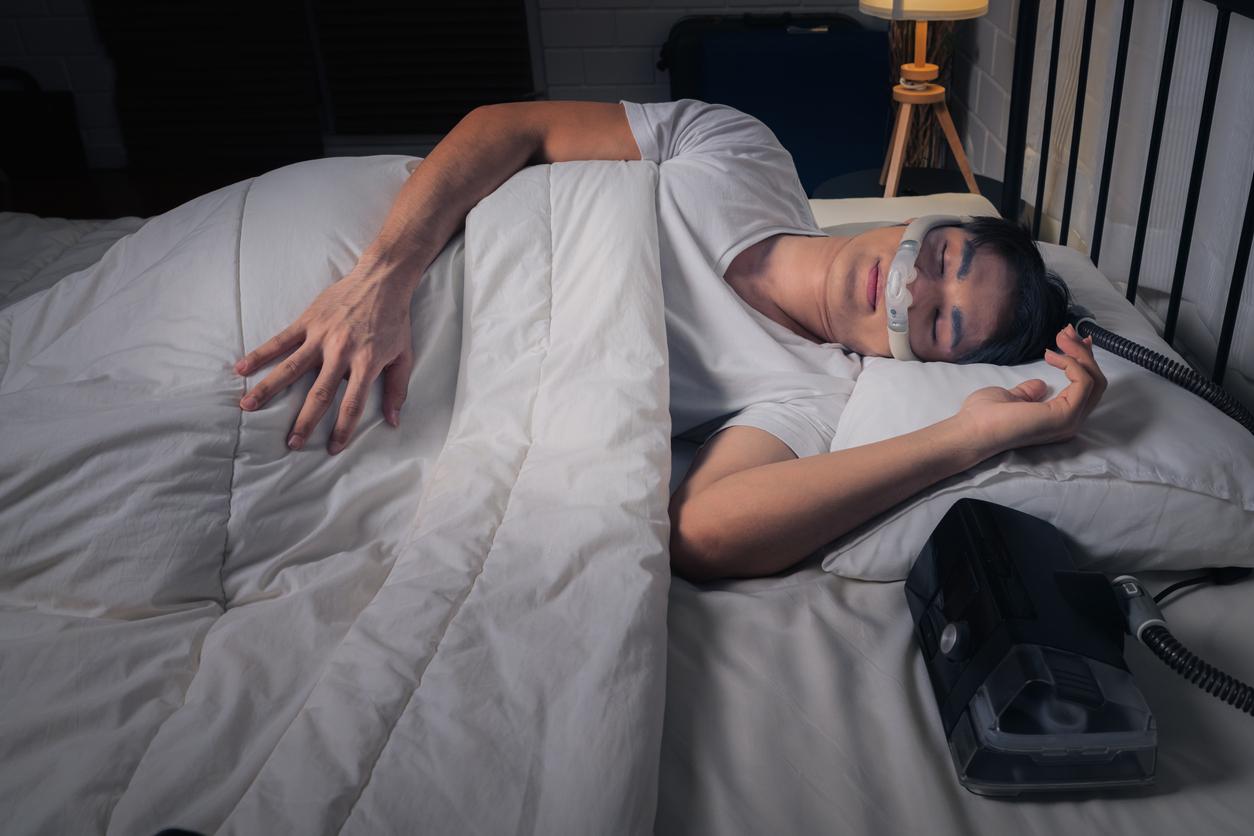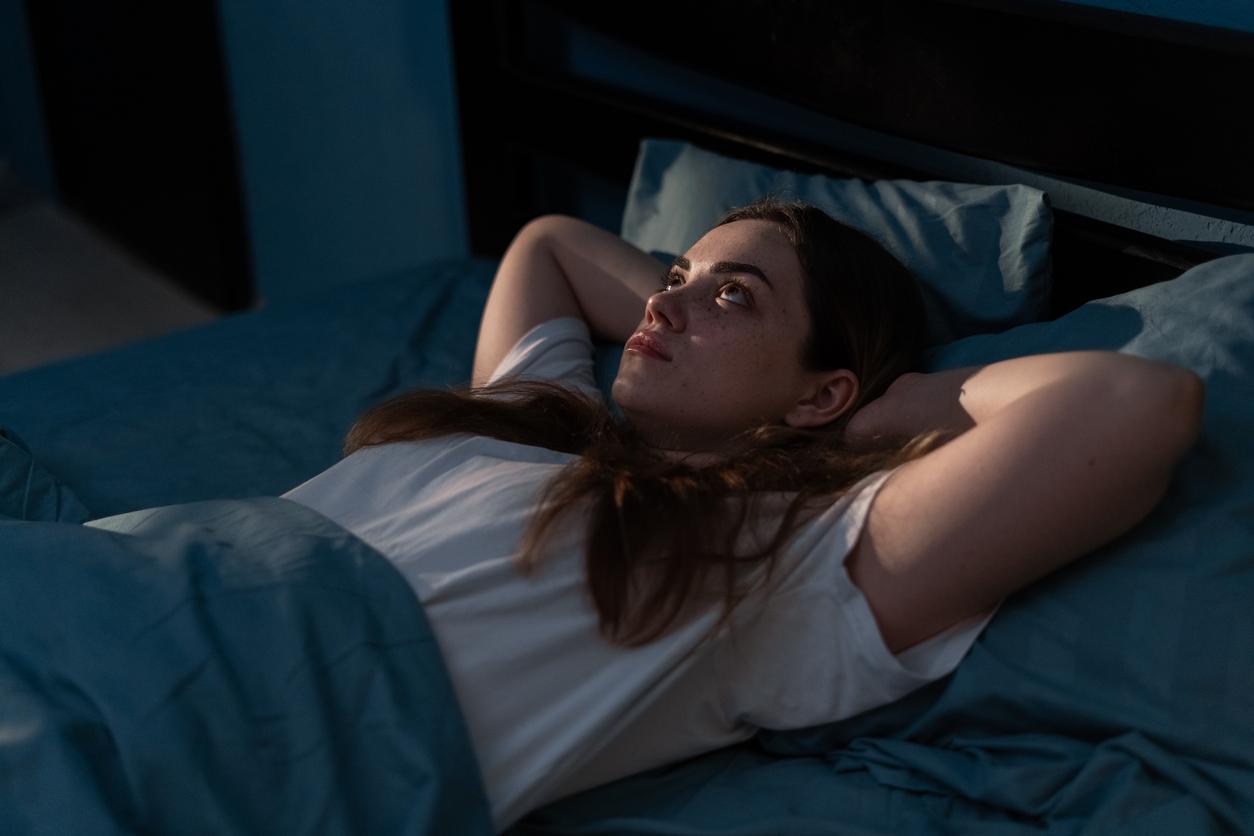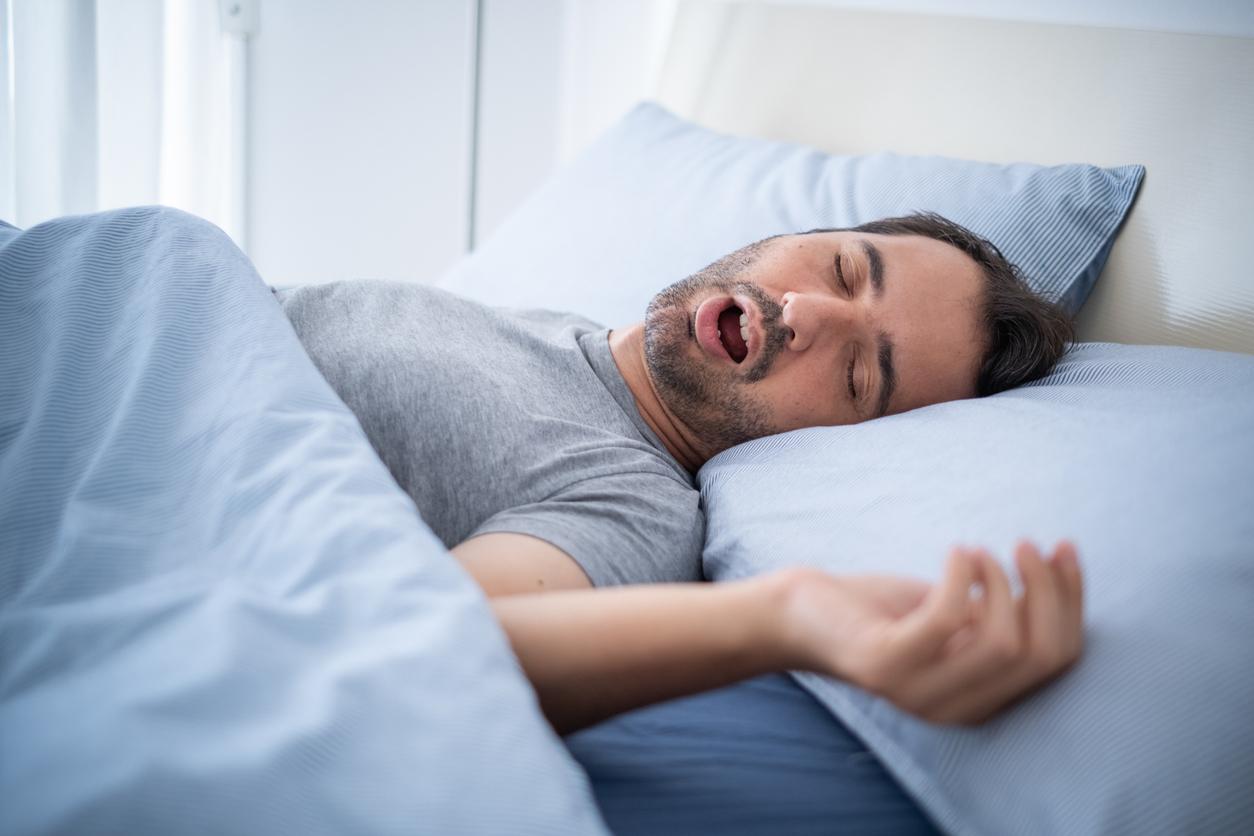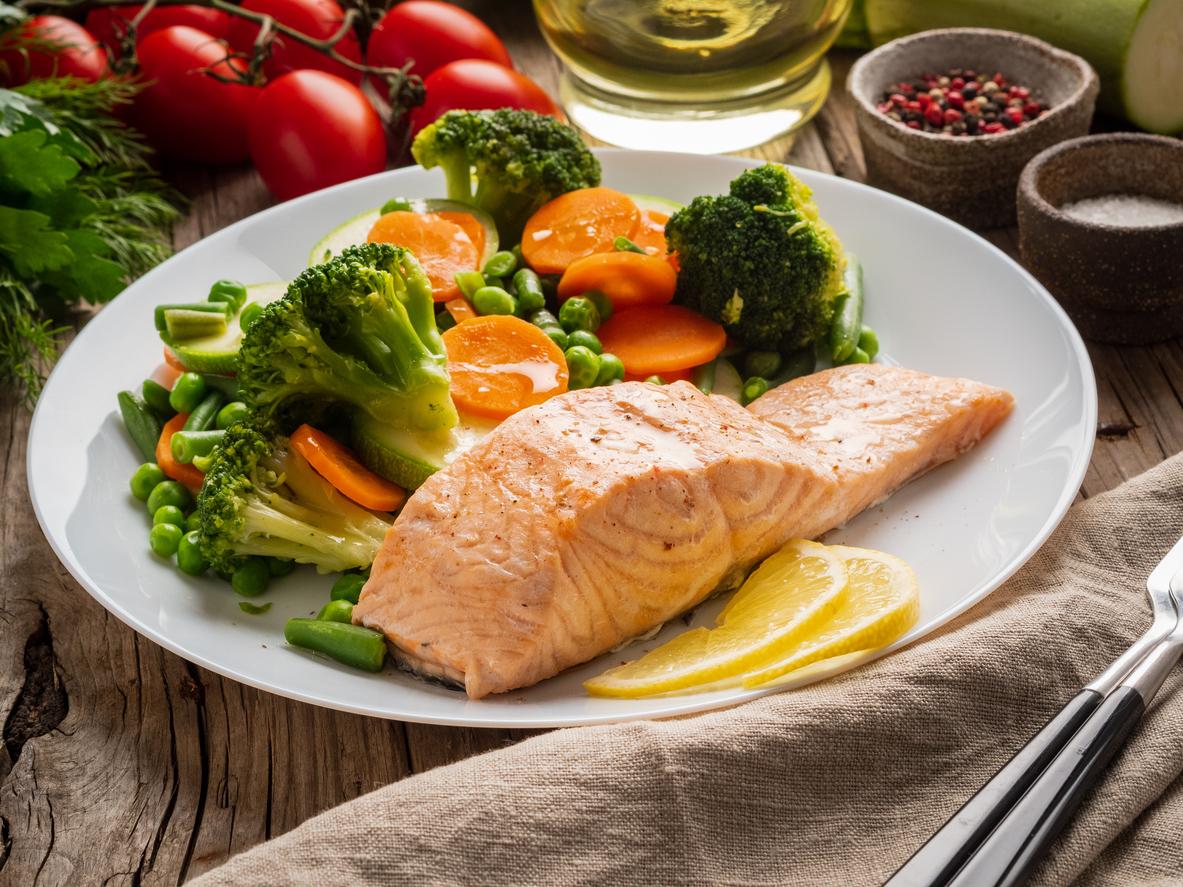People following a diet that excludes the consumption of animal products are less likely to suffer from this nocturnal disorder caused by pauses in breathing.
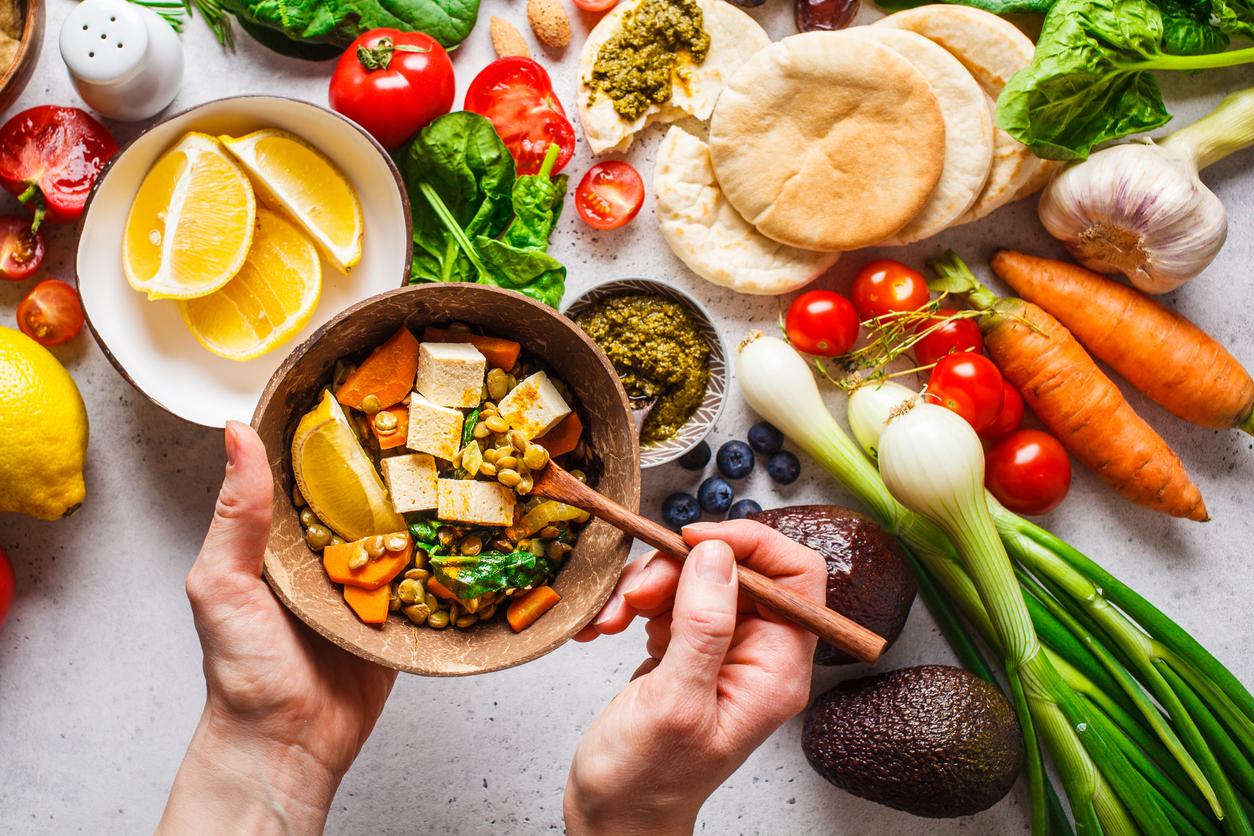
- Vegetarian and vegan diets exclude the consumption of products of animal origin (meat, fish, seafood and even eggs, dairy products and honey).
- “Rich in anti-inflammatory components and antioxidants”, they “can influence fat mass, inflammation and even muscle tone.”
- People following a vegan diet were 19% less likely to have sleep apnea.
“Risk factors for obstructive sleep apnea can be genetic or behavioral, including diet. Previous research has primarily focused on the impact of calorie restriction, specific dietary elements and weight loss. In our knowledge, there is a gap in how overall dietary habits affect the risk of obstructive sleep apnea. said Yohannes Melakuprofessor at Flinders University in Adelaide (Australia).
The dietary information of 14,120 people was classified
In a new study, the researcher and his team examined the link between the risk of this nocturnal ventilation disorder and vegetarian and vegan diets. As a reminder, the latter exclude the consumption of products of animal origin (meat, fish, seafood for the first, and even eggs, dairy products and honey for the second). To carry out their work, the scientists used data from 14,120 adults.
Participants had to explain everything they had eaten in the past 24 hours. The authors categorized this information based on whether people ate a healthy diet based on whole grains, fruits, vegetables, nuts, legumes, tea and coffee, or a diet rich in animal foods (animal fats, dairy products, eggs , fish or seafood and meat). They also looked at whether the volunteers had a “poor plant-based diet” (refined grains, potatoes, sugary drinks, sweets, desserts and salty foods). Finally, the adults were asked to complete a questionnaire to determine whether they were likely to suffer from obstructive sleep apnea.

Vegetarian and vegan diets influence “fat mass, inflammation and even muscle tone”
According to the results, published in the journal ERJ Open Research, people following a vegan diet were 19% less likely to suffer from this nocturnal ventilation disorder. Vegetarian volunteers also had a lower risk. In contrast, adults with a “poor plant-based diet” had a 22% higher risk of obstructive sleep apnea compared to vegetarian participants with a balanced diet. Researchers found differences in risks for women and men.
“This research suggests that changing our diet could be beneficial in preventing or treating this disorder. (…) These diets rich in anti-inflammatory components and antioxidants, and low in harmful dietary elements, can influence body fat, “inflammation and even muscle tone, all of which are relevant to the risk of obstructive sleep apnea”, concluded Yohannes Melaku.










